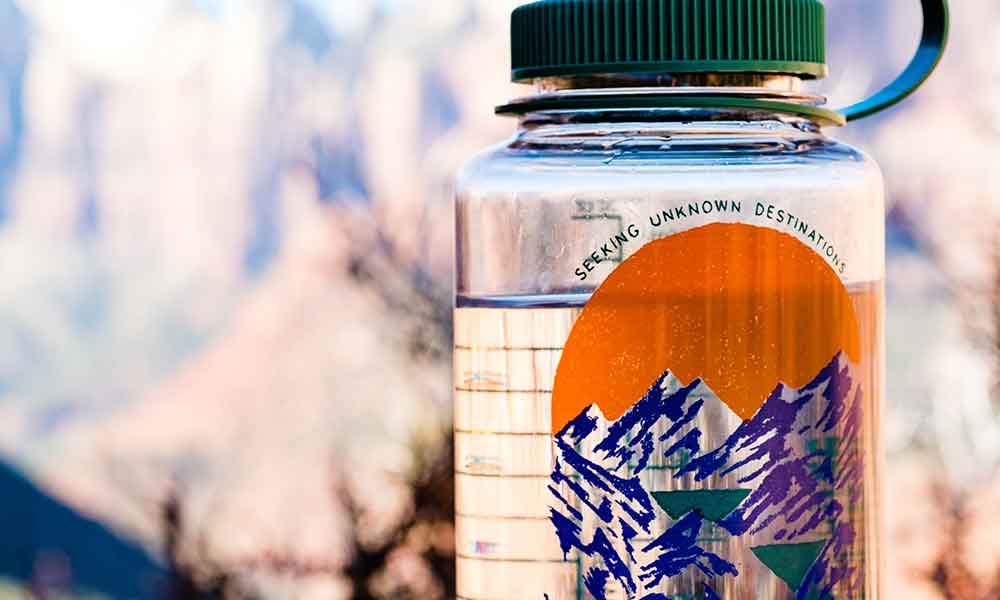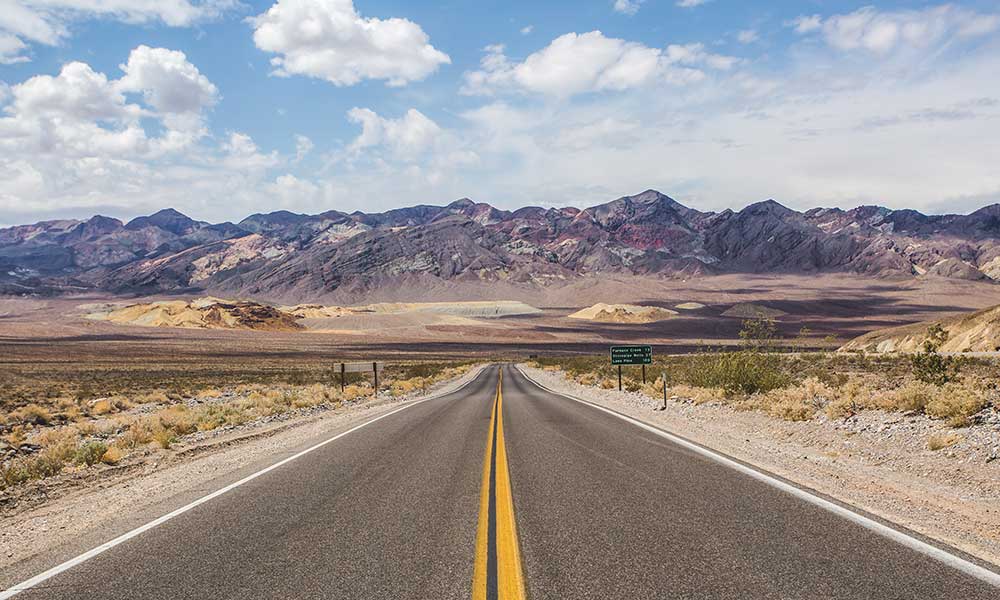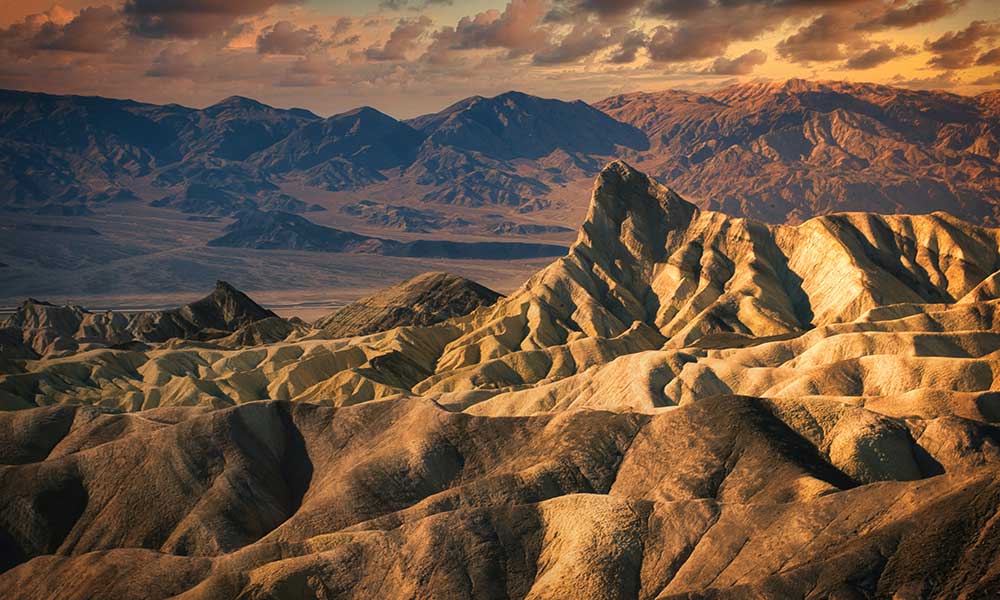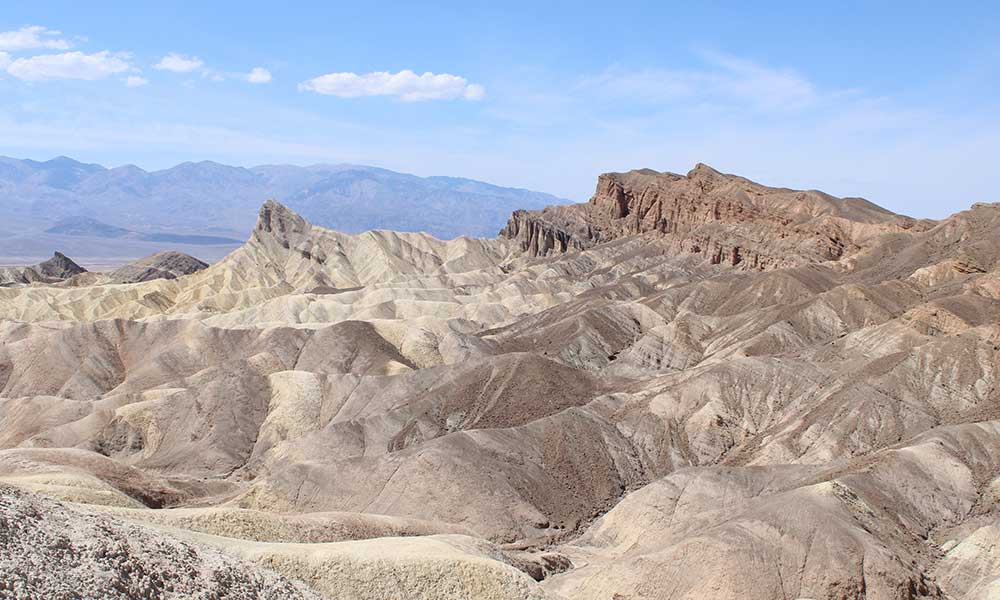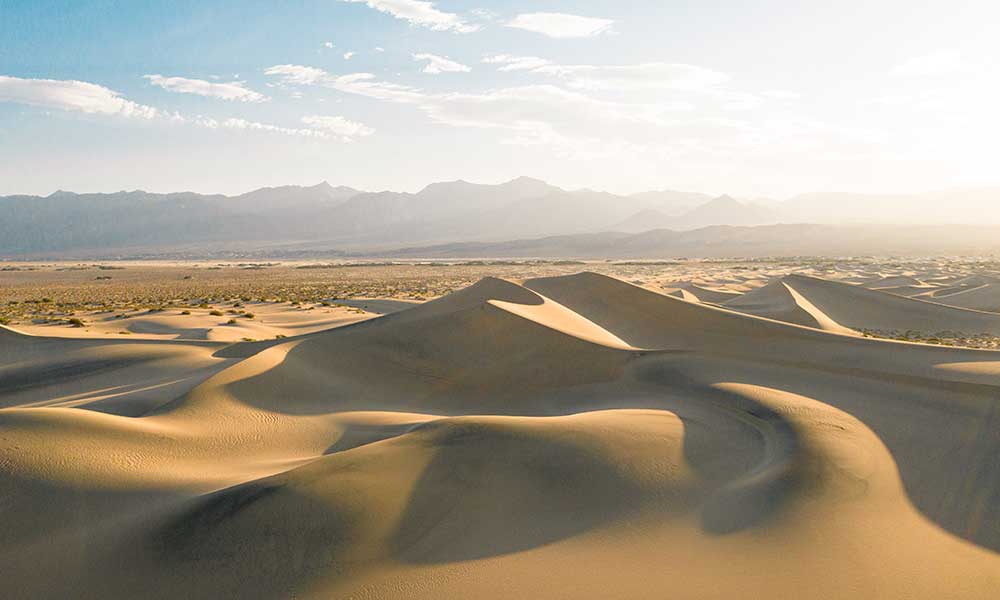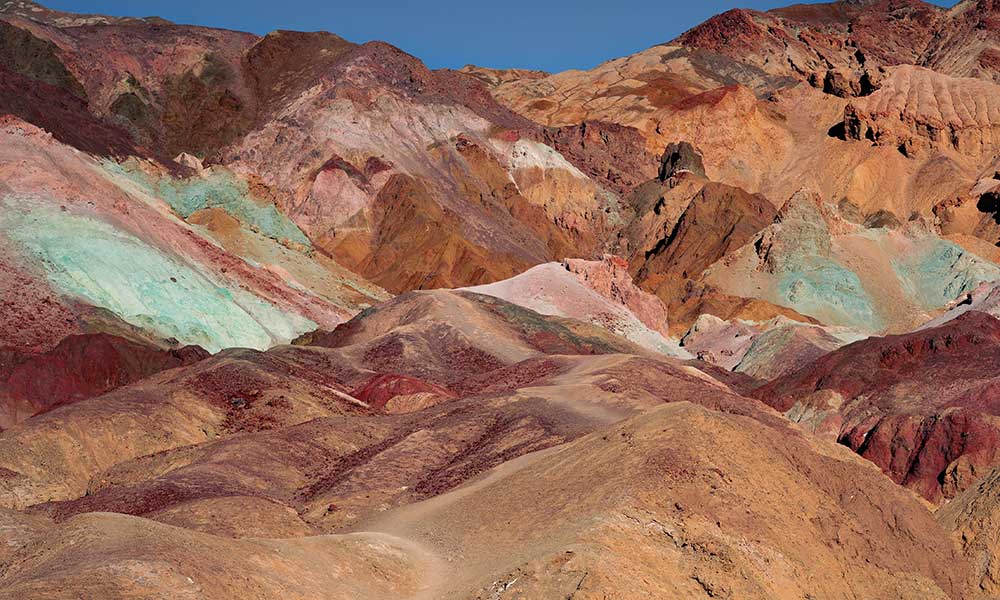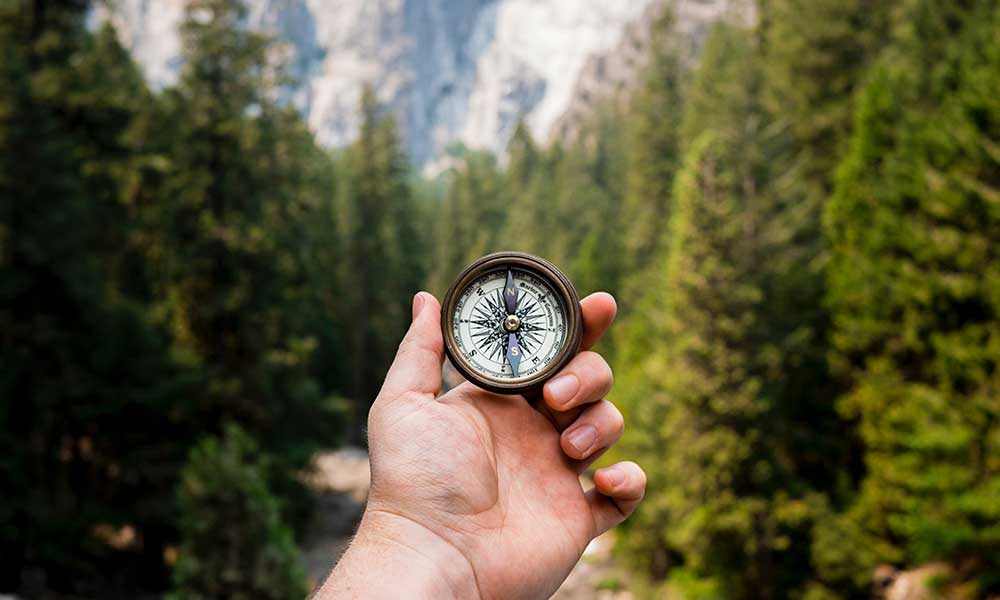Hiking is a lot of fun and a great way to make memories with friends and family. When you are hiking for longer than an hour or two, there is one important thing you need to keep in mind, and that’s water. So, how much water do you need to take with you per day and person while hiking?
To work out your water needs, you will need to follow a simple hiking rule. This is that you will need to pack 02. gallons (1liter) of water for every 2 hours you are hiking. This is for hiking in normal conditions; you will need more if the conditions are hot, humid, or high in altitude.
What considerations should you be aware of that could affect the amount of water you should take with you on your hike? How can you carry all the water you need for your hike to ensure you stay hydrated? Let’s find out!
How Much Water Must You Bring On A Day Hike?
Hiking is a fun experience and can help you make many beautiful memories with your family and friends. However, if you are hiking for more than one hour, water will become an issue if you are not prepared.
For longer hikes, you will need to figure out how much water you need to bring per person on the hike, per day of hiking. When you are hiking, the last thing you want is to run out of water as this can cause serious problems for everyone involved.
However, you also don’t want to find yourself carrying too much water as this can drastically increase the weight of your pack. So, how do you work out how much water you need to bring per person on your hike?
There is one simple rule that many hikers follow: you will generally need 0.2 gallons (1 liter) of freshwater for every 2 hours you will be hiking. So, if you are hiking for 8 hours, you will need about 1 gallon (4 liters) of water for your hike.
If you are camping, then you will need to carry more for the night and the next day as well. You can use the amount of water required per two hours to determine how much water you will need for all this.
Considerations For Staying Hydrated While Hiking
When you are going hiking for a day or more, there are a few considerations you need to keep in mind about your water consumption. Some things will require you to bring and drink more water than usual, and there are others that will help you stay hydrated. Let’s go through these considerations, so you are fully prepared for your hike.
Weather Conditions
Before you try to work out how much water you will need on your hike, you need to check the weather conditions and temperature of the location you will be hiking in. You need to know what the weather conditions are expected to be like throughout your entire hike.
Weather conditions and temperature can drastically affect the amount of water you need to carry to keep you hydrated. If you are hiking in humid and hot weather, you will need to carry more water with you than if you are hiking in cooler weather.
If the temperature of the location you are hiking in is expected to be around 80°F (27°C) or higher throughout your hike, you will need to pack an extra 0.2 gallons (1 liter) per two hours of hiking. With every 20 degrease increase from 80°F (27°C), you will need to add in an extra 2.0 gallons (1 liter) of water to your pack.
Terrain You Are Hiking Through
You need to know the type of terrain you will be hiking, though too, as this will also affect the amount of water you will need for your hike.
If you are hiking through rough terrain that is dense with plants and is mostly uphill, you will need to take extra water with you as you will be exerting yourself more. If you are hiking through rough terrain, you should bring an additional 02—gallons (1 liter) of water per two hours of hiking.
Is There A Reliable Water Source On Route?
If you are hiking for longer than a day and if you will be camping, you need to make sure there is a reliable water source on your hiking route. You need to do this as you won’t be able to carry the amount of water you need and all your other supplies in your pack.
Your pack will begin to get too heavy, which will, in turn, increase the amount of water you will need for your hike as you are also carrying a heavy load. Plan your hiking route around reliable water sources and bring a water filtration device with you, so you can refill your water containers as you go.
How Much Water You Usually Drink In A Day
Everyone requires a different quantity of water per day to stay hydrated. A week before your hike, you need to pay attention to how much water you drink in a day while going about your daily life.
If you drink more than 1 gallon of water a day, which is the usual amount needed for an 8-hour hike in normal conditions, then you will need to bring more water with you on your hike.
The Altitude You Are Hiking In
You need to consider the altitude that you will be hiking at when you are working out your water needs. If you are going to be hiking uphill into a mountainous area, you will need to bring an extra 0.2 gallons (1 liter) of water per 1000 feet in elevation you will be climbing.
How To Carry Water On Your Hike
Now you know how much water you will need to take with you on your hike, you may wonder how you will carry all this water with you. There are various water-carrying methods that you can use.
You can buy a few 0.5-gallon water bottles that you can then stack in your pack. You can buy a water bladder that you can carry on your back and drink from as you are hiking as it comes with a drinking tube.
Another way to carry water on your hike is to get yourself a collapsible bottle, which is more compact than regular water bottles. If your hike is more than a day, ensure you have a water filtration device with you and that your route is close to a reliable water source.
Conclusion
Knowing how much water you need to bring with you on your hike is extremely important as dehydration can seriously affect your health. Use the guide measurements in this article, along with the other considerations, to accurately work out the amount of water you need to take with you for your hike. Good luck with your adventures!

